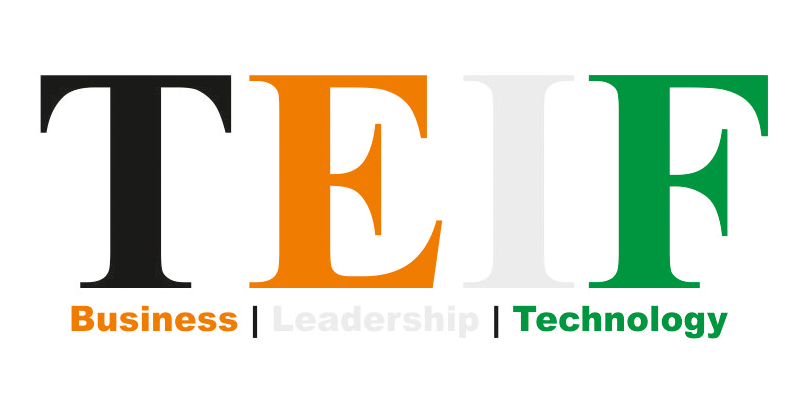The global Coronavirus pandemic has forced people to realise that the old ways of working are inefficient, ineffective and expensive. Worst of all, these traditional methods, processes and mindsets no longer work. And that’s why industries and organisations are now indulging in some much-needed soul-searching and looking for new ways to do old things.
One of the most crucial drivers of this transformation is of course, technology. That’s why it’s not just organisational transformation we’re looking at, it’s digital transformation – the adoption of new digital tools and methodologies to improve efficiency, productivity and ultimately, profitability.
So which are some of the processes or ways of thinking that are most ripe for transformation?
Here are 5!
1:
Old process: Working from office
New process: Working remotely
Many firms, especially those in ‘traditional’ industries assume that staff members who are at their desks are productive while those who are not visible are not. This is incorrect on both parts because not every person working in office is productive, and not every person working from home is a slacker.
Now that people around the world have been asked to stay home due to national lockdowns and social distancing norms, more and more firms are trusting their staff to work remotely. Moreover, modern technology is now available for everything from document management to team meetings. Therefore, it is now possible to do your work – and do it well – even if you are not in the ‘office’. The sooner firms understand and embrace this ‘new normal’ in the present, the better able they will be to adapt to such challenges in future.
2:
Old process: Getting stuck in email ‘time loops’
New process: Use audio/video technology for better communication
By no means is email communication dead. However, professionals who rely solely on email to get their work done or to communicate with others are losing out – big time. Most people don’t have the time or patience to read lengthy emails. They have real challenges but the answers to these challenges are often buried under so many layers of email red tape that they are impossible to extract, much less understand.
Over the past few weeks, more and more people are connecting more effectively through video chats and phone calls. And this can only be a good thing for the future of work. Such one-on-one, real-time conversations are an opportunity for people to connect with each other on a more human level, find more effective solutions to problems and ultimately, deepen their relationships.
3:
Old process: Using old-fashioned methods and devices
New process: Automate!
Too many professionals are still reliant on high-volume printers, scanners, shredders and other office amenities to complete their projects and manage their workload. If they face issues, they turn to IT staff to help them with troubleshooting. Even if they do find solutions, they end up wasting a lot of time and money – resources that can be better utilised for other more critical activities.
Instead of delegating, automate! Repetitive tasks in particular are perfect for automation. Technologies like Robotic Process Automation (RPA) will eliminate the time-consuming aspect of these tasks off your to-do list so you can refocus your energy on stuff that really matters. Even document-related tasks like creation, proofreading and comparison can be automated with world-class tools like Litera Desktop.
Manual drudgery is no longer an option. Embrace automation today!
4:
Old process: Collaborating document management in the same physical space
New process: Collaborate asynchronously in the cloud!
It is no longer essential for colleagues to be in the same space to work on critical documents. Now they can continue working collaboratively even if they are separated physically or temporally, thanks to document management tools that work in the cloud.
Make use of cloud-based applications and get more value out of your conversations.
5:
Old process: Physically signing paper documents
New process: Digitise and e-sign
No one wants to deal with mounds of paperwork that seem to cover ever surface, drawer and filing cabinet in an office. Organisational leaders especially don’t want to waste time signing pages and pages of documents when they could be doing something much more valuable for the firm. There is a solution to this Paper Armageddon – digitisation.
Instead of filling up boxes of papers and couriering packets back and forth to collect physical signatures – digitise your documents. Invest in e-signatures for key personnel. Technology is available for both – use it! For example, Litera Transact offers a free version that enables users to create digital checklists, assemble documents in the cloud and obtain e-signatures. No more paper, no more couriers and definitely no more Paper Armageddon!
Conclusion
Outdated, inefficient processes limit an organisation’s ability to work in challenging times. They also hinder the outcomes they can achieve and negatively affect their profitability and RoI.
Don’t let this be the story of your organisation. Embrace new ways of doing old things. The sooner you do, the sooner you will see great results.












0 Comments